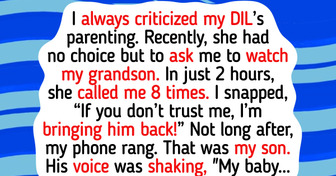I Refuse to Let My DIL’s Kid Sleep at My House Every Weekend, My Comfort Comes First

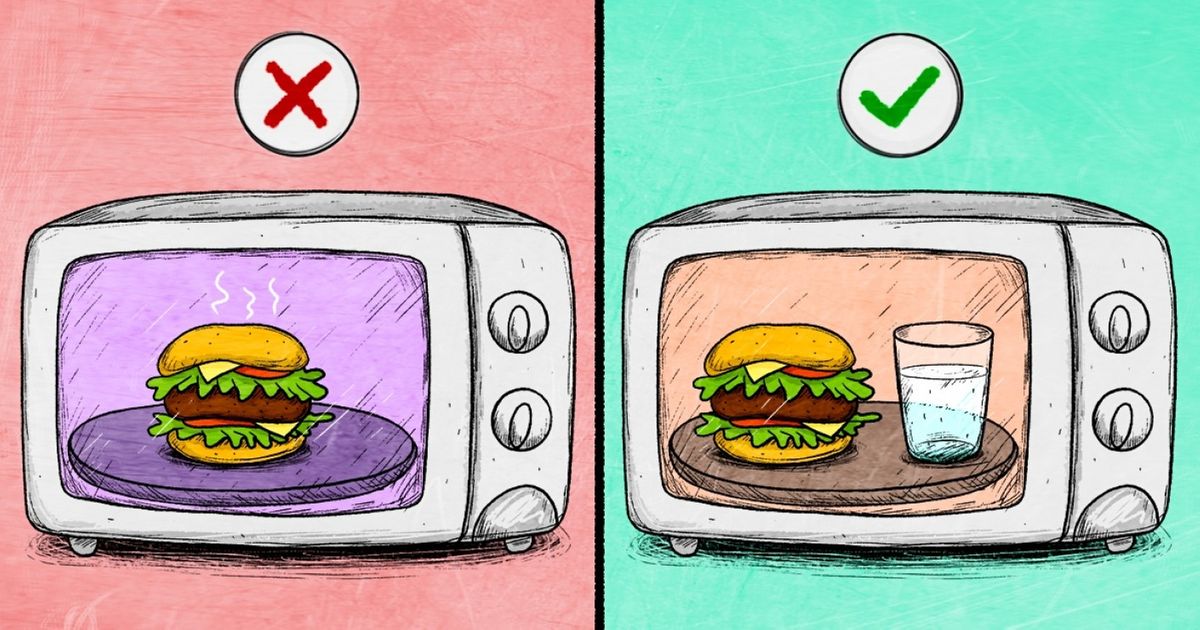
All too often, our home appliances break down before their time. The most common reasons are our laziness in regard to reading the manuals and a tendency to treat our gadgets the wrong way. Basically speaking, our attitude towards our little electricity-munching domestic helpers seems to be full of mistakes.
In this article, the staff of Bright Side offers you a selection of highly useful maintenance tips. By following them, you’ll not only ensure that your appliances don’t break down prematurely but will actually manage to extend their working life!
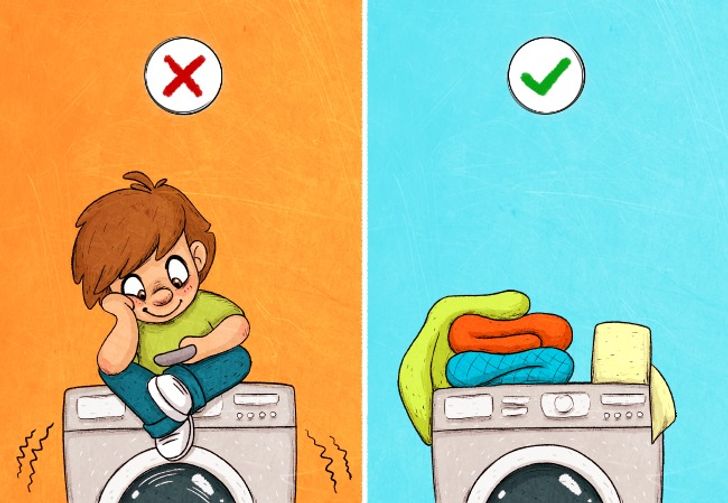
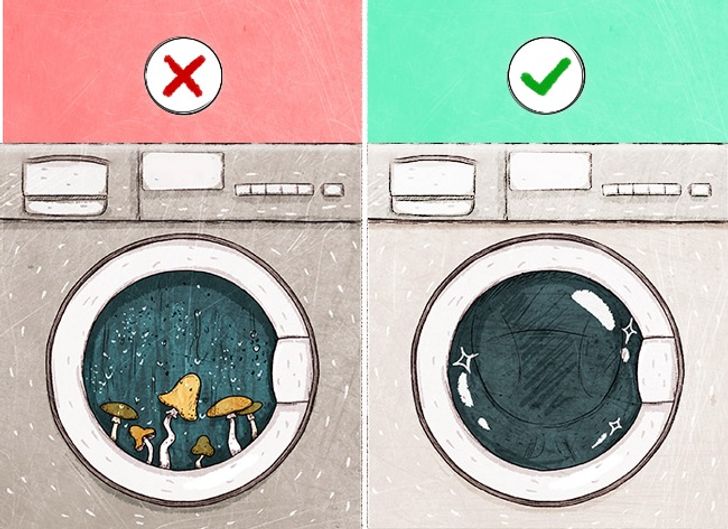
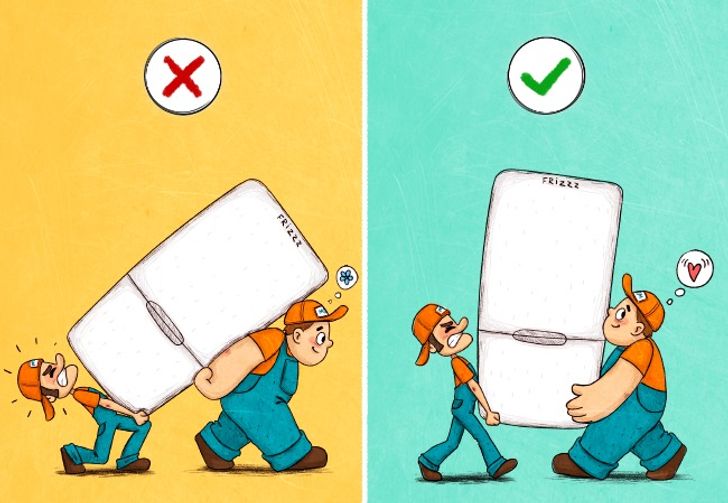
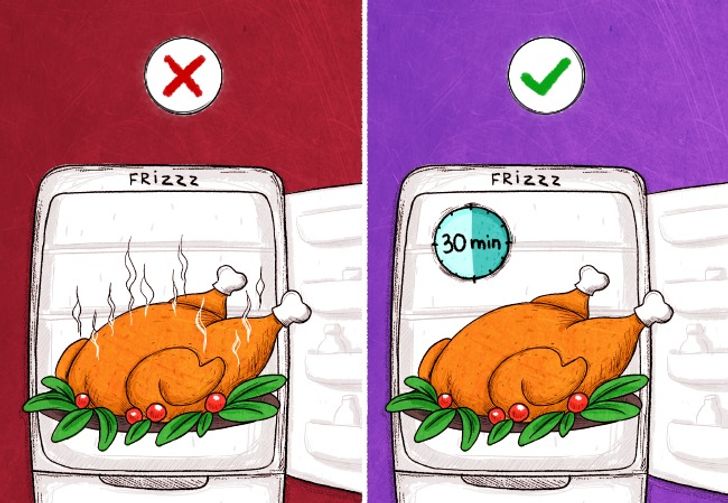
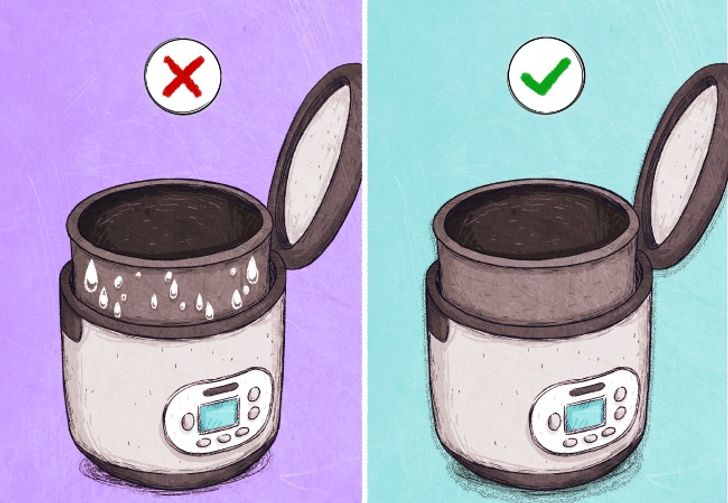
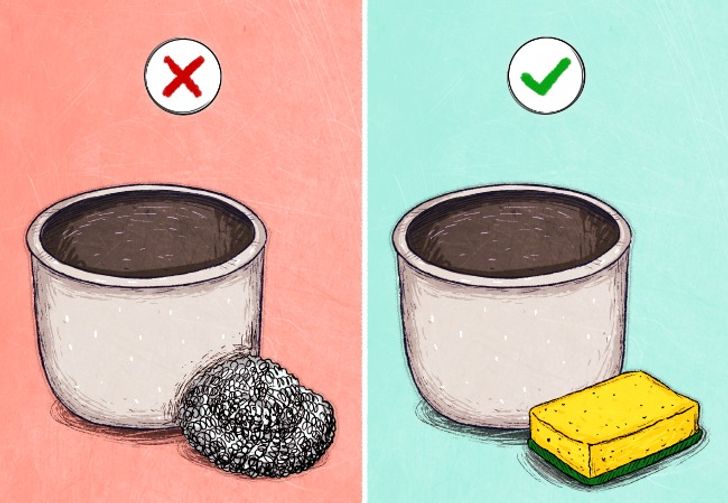
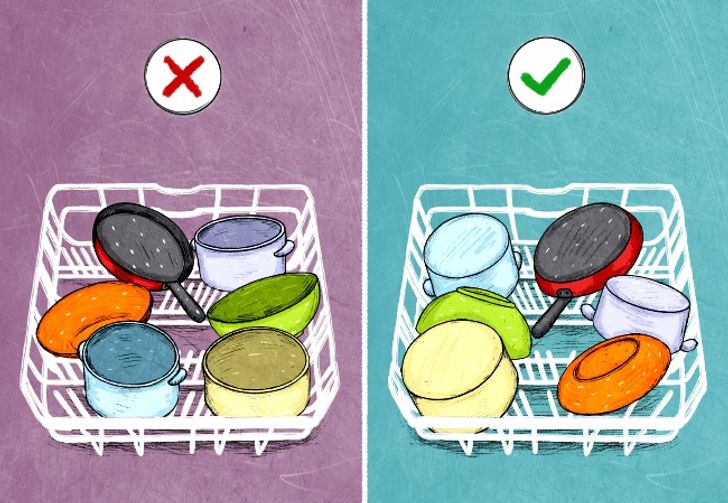
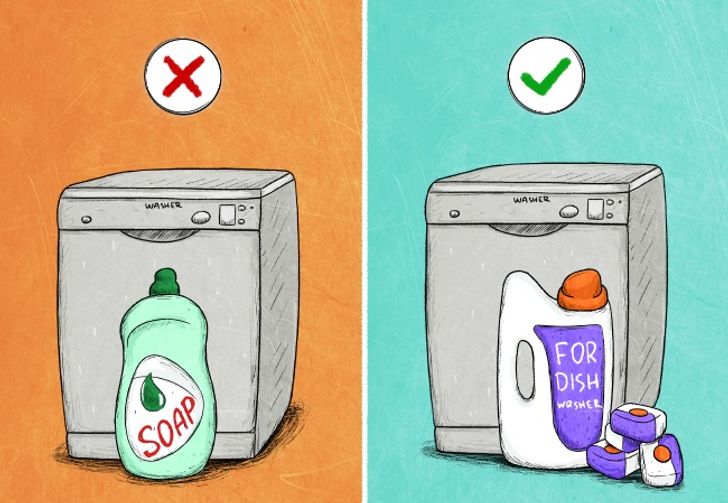
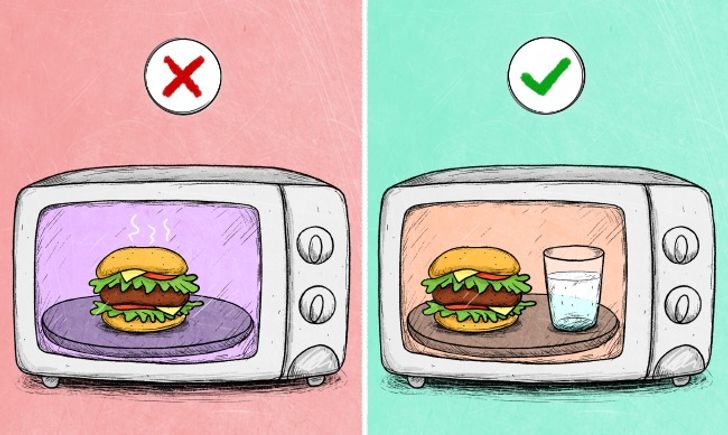
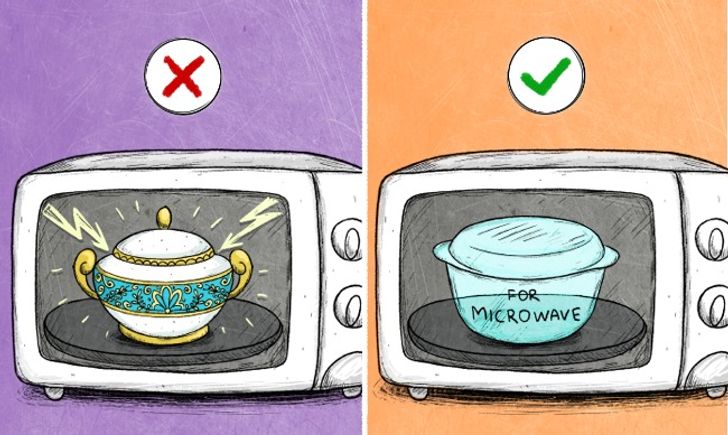
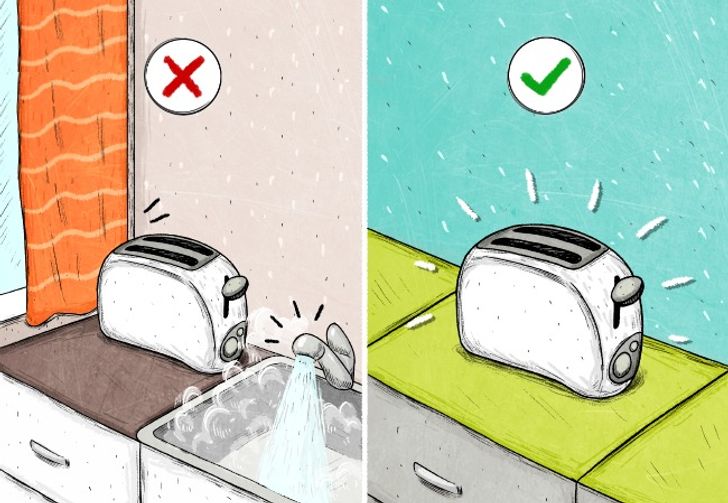
Do not use the appliances to shred excessively hot, just-cooked products. You should wait until they have cooled to at least 158-176°F.
It is best to ensure that no liquid gets inside the blender’s motor housing. To clean the blender, take a moist cloth and wipe the casing.
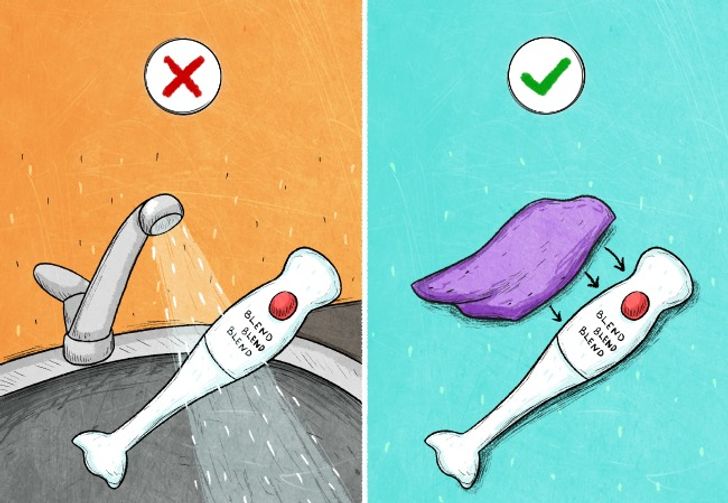
Don’t leave your submersible blender switched on for too long as this might overheat the motor.
It is not recommended to use a blender for shredding dry ingredients, such as crackers.






